Up until the 1950s most flowers we encountered in the UK were grown in the UK. Then, huge investment from the Dutch government saw the first airfreighted blooms arrive, followed by the arrival of the ‘Flying Dutchman’ flower lorries in the 1980s. Market dominance was set and today 86 per cent of all UK cut flowers are imported. This is a huge change from the dedicated flower trains from Cornwall to London, filled with narcissi and violets. It seems almost inconceivable that the violet nosegays of the early 20th century, so delicate they lasted just a few days, could still be so appreciated for their perfume and beauty.
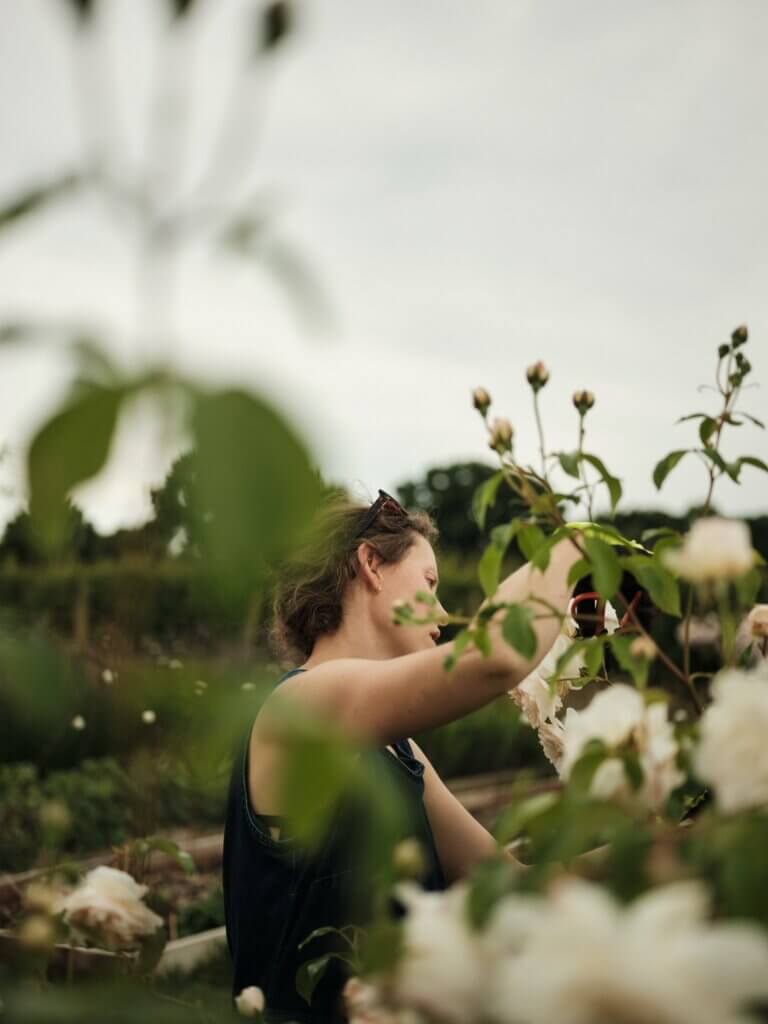
Flowers grown to be exported must be sturdy enough to survive transit. Many of them arrive in the UK via The Netherlands from places as far flung as Ecuador and Ethiopia. To allow for this, flowers are deliberately bred to have ruler-straight stems (something you don’t find in nature) and be fragrance-free; the biological effort required to smell sweet, using up energy that could otherwise prolong vase life. And so, a system’s been created where forced flowers are regularly grown as monocultures, in places where pesticide use and workers’ rights are less regulated, and corporations continue to prioritise economics over ethics or the environment.
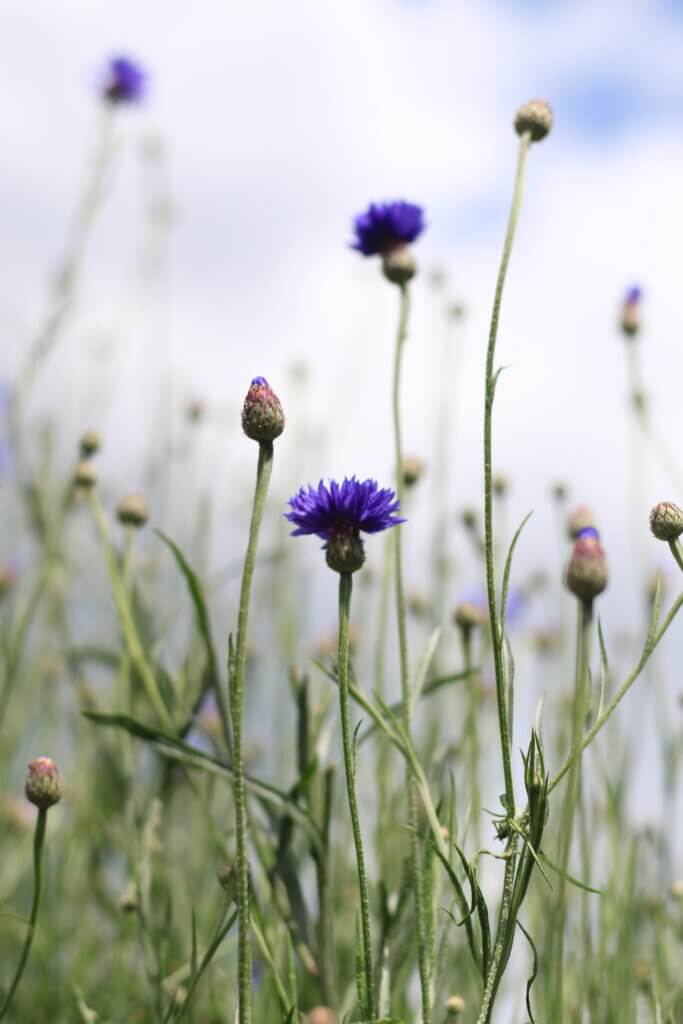
The £1.4 billion UK floristry industry is dominated by the supermarkets (29 per cent of people buy their blooms at Tesco) and British growers aren’t helped by the fact that there’s presently no legal requirement to label the country of origin. Not to mention the fact that according to HMRC, the work I do as an agroecological flower grower is yet to exist. But this lack of governmental ‘support for hort’ gives individuals even more cause to champion the resurgence of British flower farms, many of which are listed at flowersfromthefarm.co.uk.
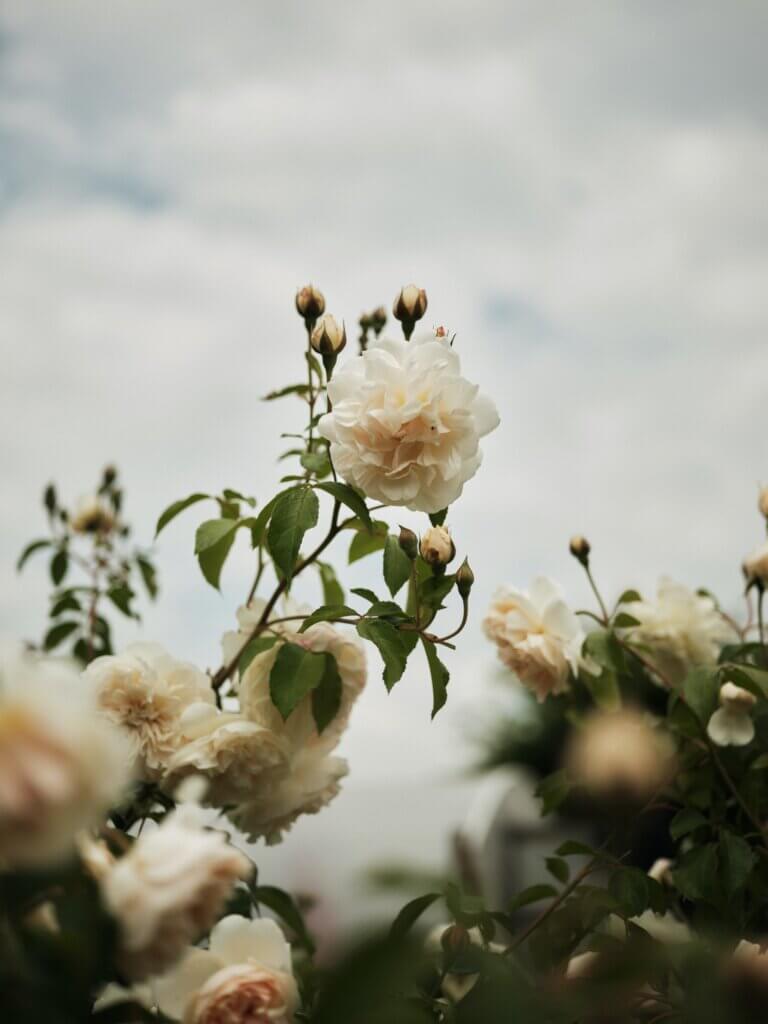
For me, witnessing a bud burst open is a meditation modern life provides less and less room for. Flowers are scientifically proven to bring happiness and reduce stress. I know, because I co-founded charitable enterprise, Bread & Roses, pioneering the use of floriculture therapy based on the research, and
I have the anecdotal evidence to support it (wearebreadandroses.com). Naysayers may sniff at my nosegays, but I believe in the power of flowers.
Olivia Wilson is a florist, grower and founder of British flower studio, Wetherly (wetherly.co.uk)

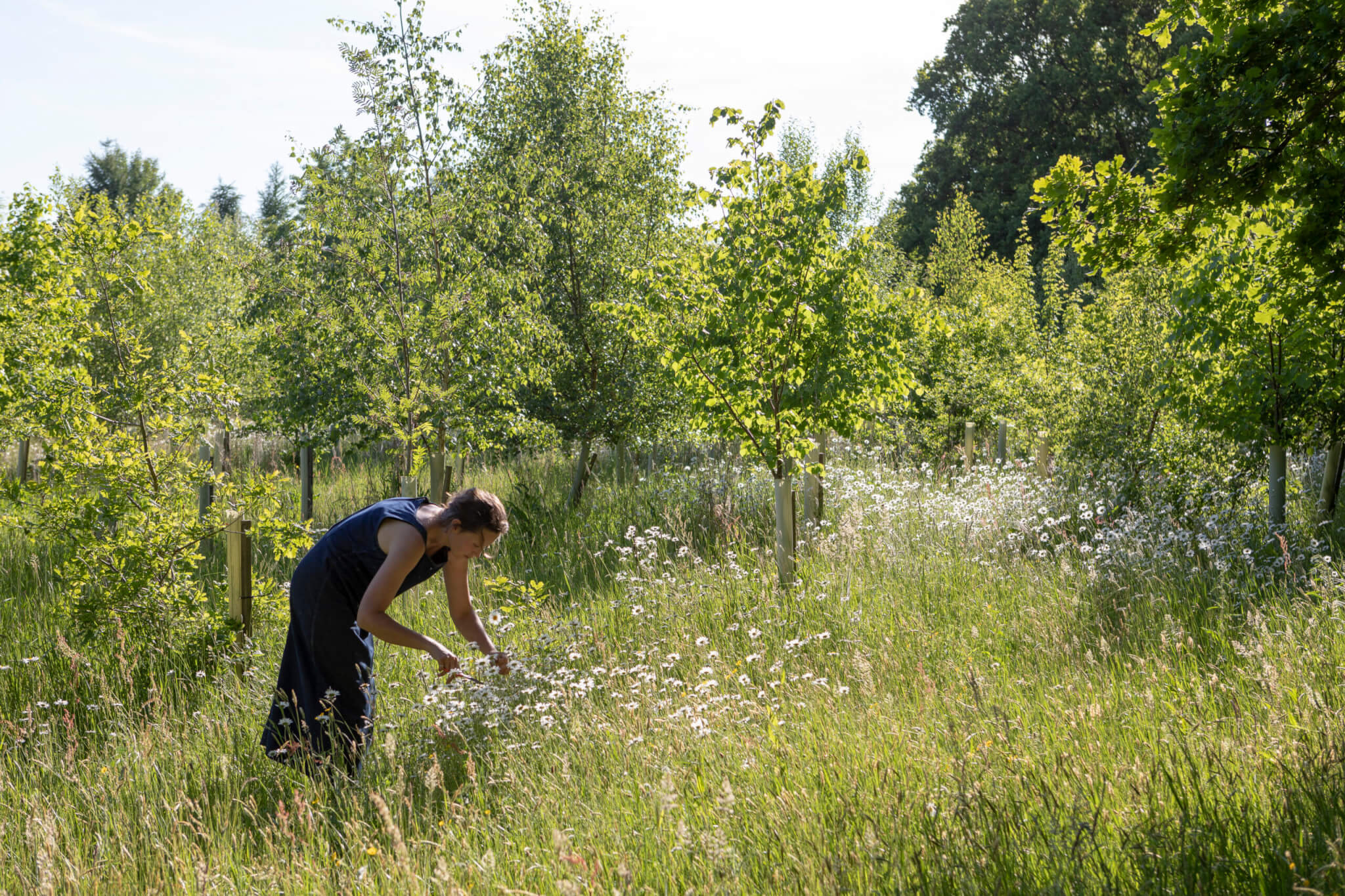
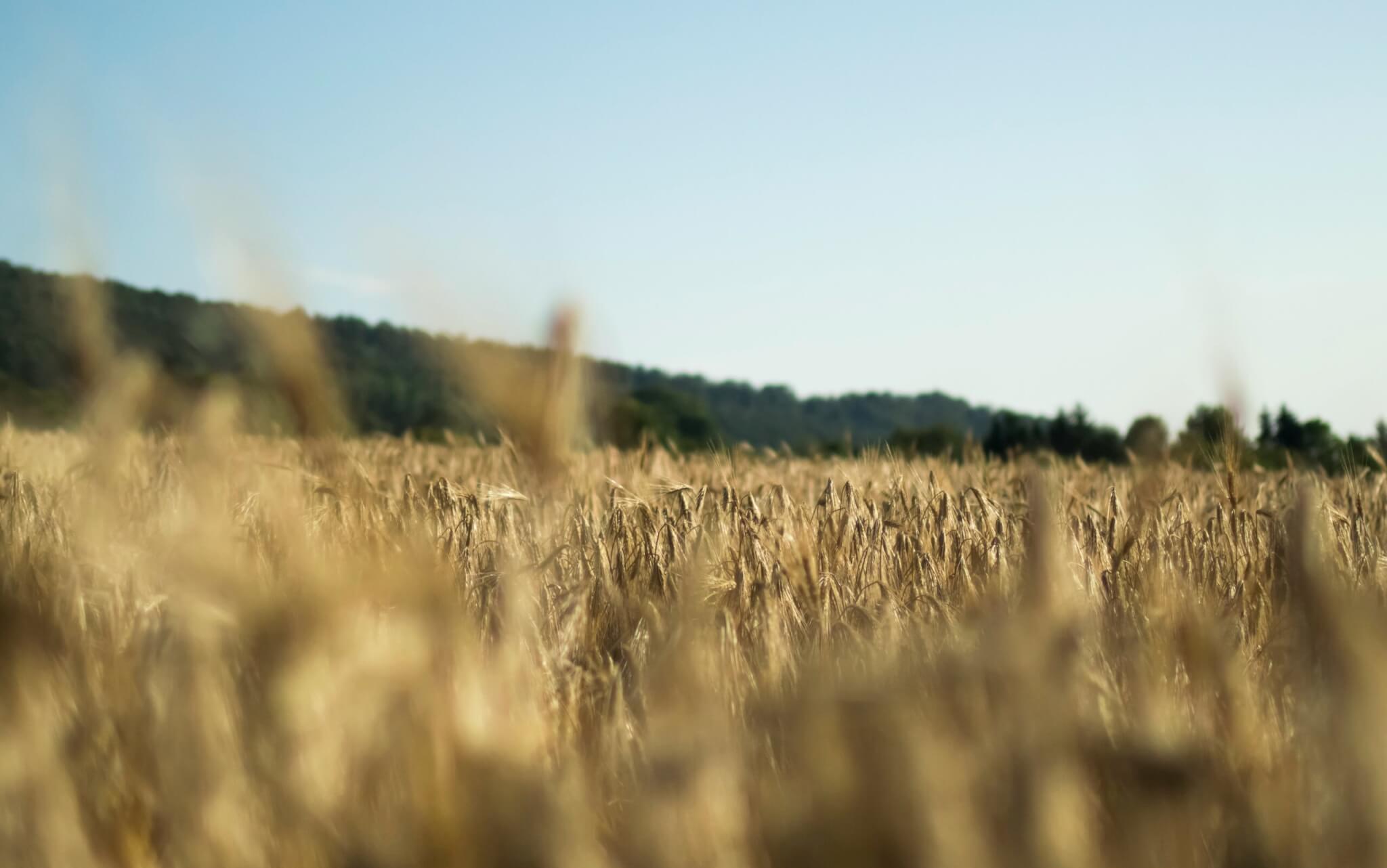


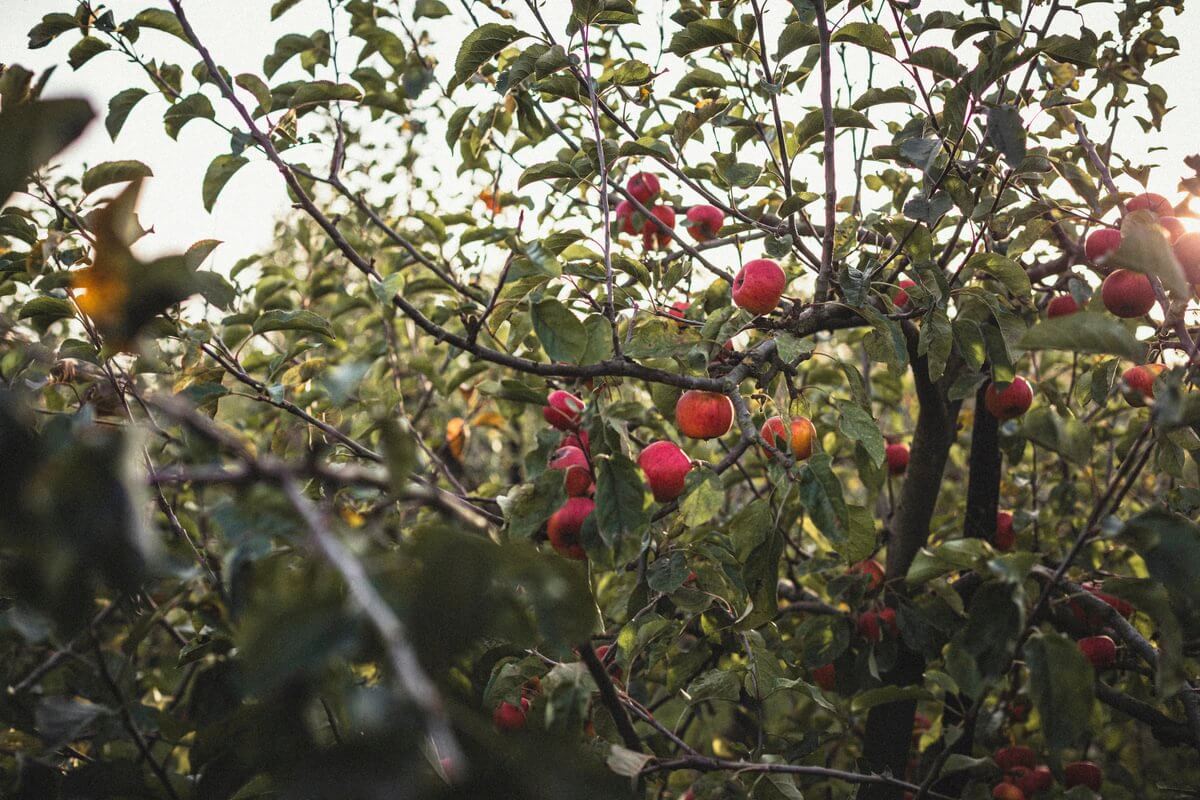
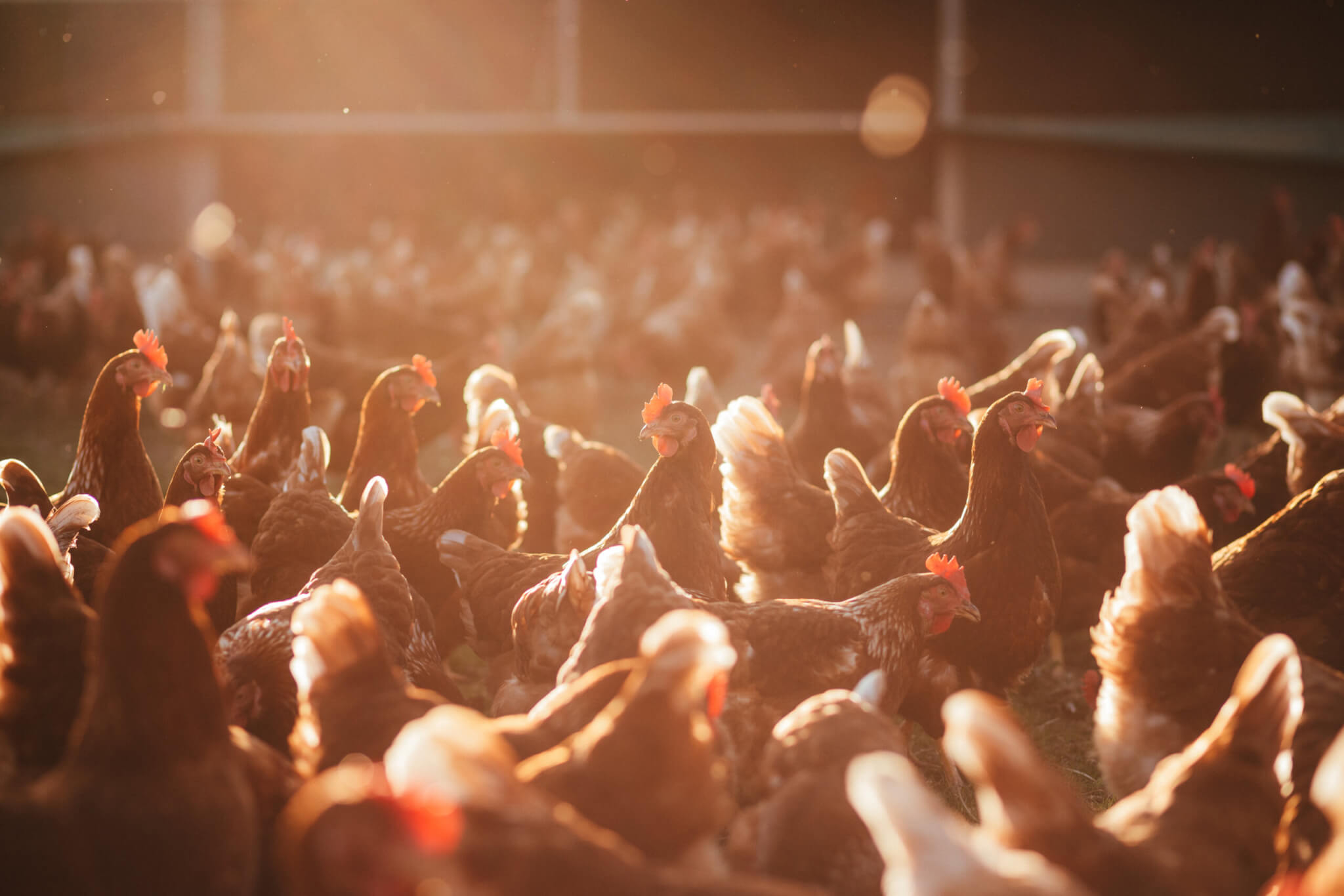
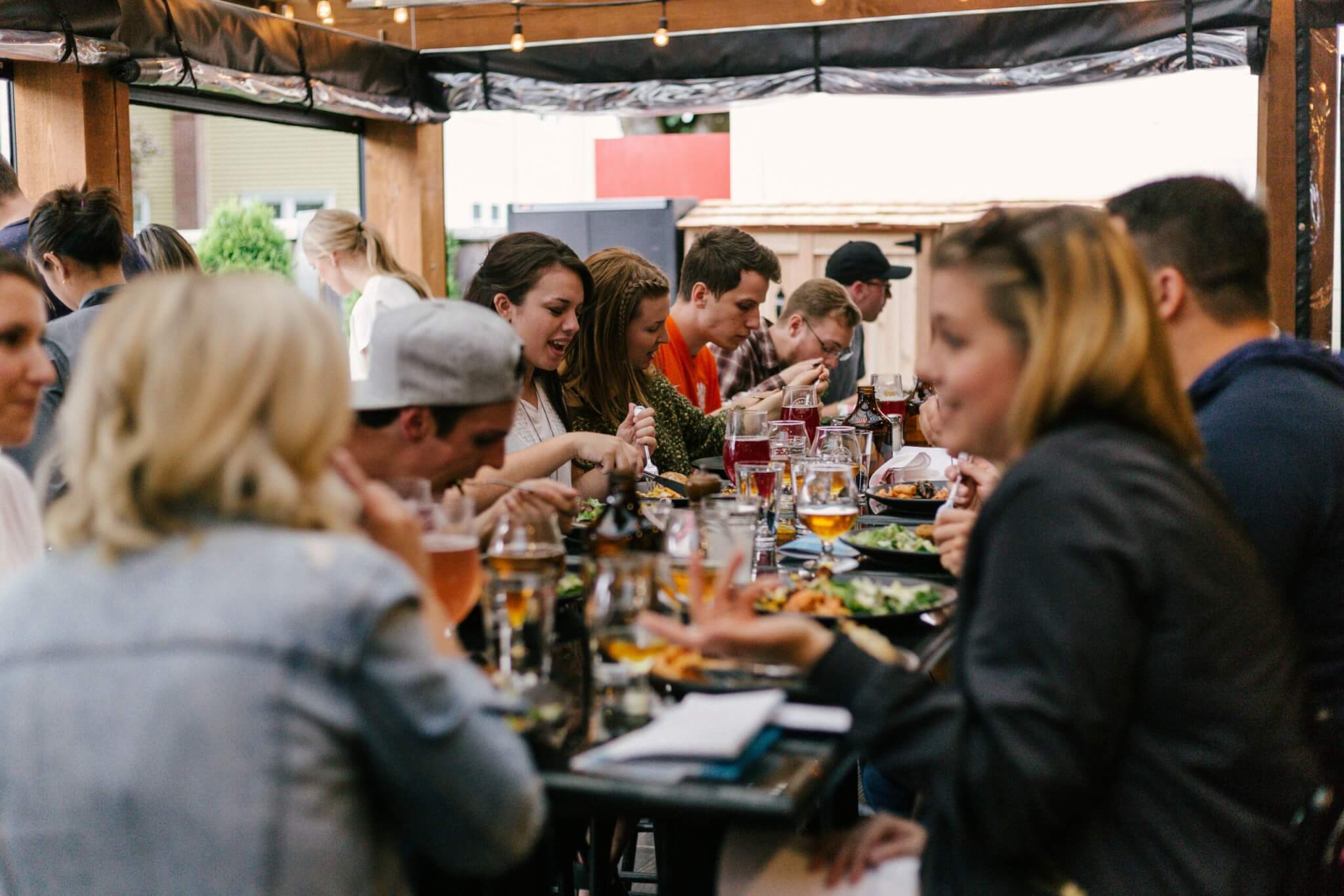





I try to give home-grown flowers. Not only does it support local growers and is more environmentally acceptable but the “unusual” flowers arrest the recipient’s attention more than supermarket ones. I’ve noticed that attention has been immediate and involuntary – that says volumes! The only sad thing about not giving supermarket flowers – is the market distortion in the grower’s country and not sustaining those employees.
I was pleased to find an article which raises this topic and delighted to see who the author was. I’ve subscribed to Olivia’s flowers for my mother for 3 years and can confirm that the perfume and the natural beauty of locally grown flowers far exceeds that of imported supermarket bouquets, and brings us much happiness.
Great article and narrative and analysis. Good luck with growing the UK sector.
There is nothing more pleasing than a posy of English flowers, I have a tiny posy (from my garden) on my table now but how do we encourage others to buy local? It is so easy to pick up a bunch of flowers in the supermarket, although they seem soulless and have no perfume. The perfume coming from my tiny posy is spreading through the room and gives me great pleasure so perhaps we need to re-educate people. It means though that people have to stop and think about something that has, perhaps, become automatic while shopping.